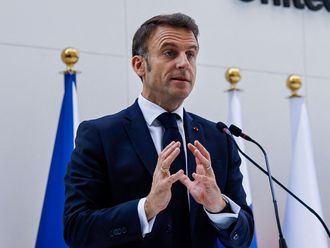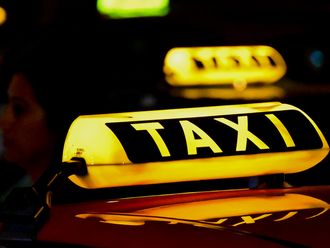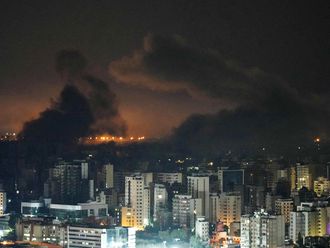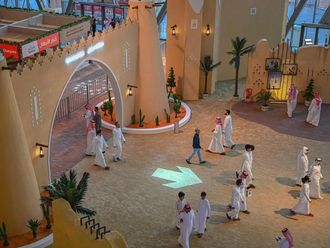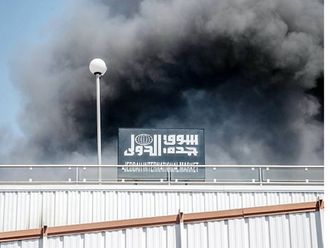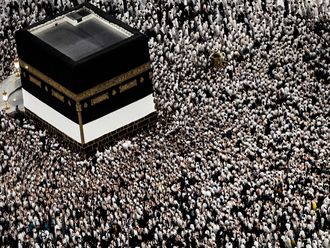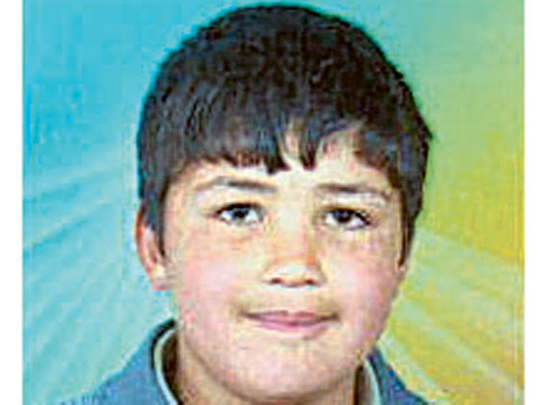
Dubai: It was a small act of defiance in Daraa in March that actually sparked what it is now a fully fledged uprising in Syria.
Syrian boys who watched the revolutions in Cairo and Tunis played out on their TV sets, painted the walls with revolutionary slogans in Daraa. The 15 boys between the ages of ten and 15 were arrested and taken to an interrogation room where they were beaten and bloodied, burned and had their fingernails pulled out. When security forces opened fire on the families of the missing who had marched to the governor's house, the foundation for the fatal revolution was laid. Day after day the protests grew as people demanded freedom and reforms. During the course of protests in the first few months President Bashar Al Assad promised changes but the killings continued.
In the 11th week of protests, Syrians found their revolutionary icon — a child. The death of 13-year-old Hamza Ali Al Khateeb, from Jeeza, near Daraa, became a propelling force for the uprising against the rule of President Bashar Al Assad. Over the months, the violence escalated as the crisis wore on.
Transition plan
Meanwhile, thousands of defections from the Army were reported. The West, the Arabs and Turkey, once a close ally, tried in vain to convince the regime to stop the killings. Now Ankara is hosting the Free Syrian Army which claims more than 25,000 defectors. In September, a 260-member opposition Syrian National Council was formed in Istanbul and unveiled a plan for a transitional period lasting up to 18 months if and when Al Assad is toppled. The council plans to lead an interim government with the help of the military to "guarantee the security of the country and its unity once the regime falls."
In November, the Syrian regime said it accepted a plan by the Arab League to withdraw its army from cities, free political prisoners and hold talks, but the next day it cracked down heavily in the city of Homs resulting in dozens of deaths.
The Arab League took the unprecedented decision on November 12 to kick Syria out of the Arab League. Crackdowns on protesters continue and the international community relies on human rights activists on the ground to report what is happening as Syria has strict media controls. Despite promises by Al Assad to hold elections in 2012, Syrians continue to protest for his removal.





